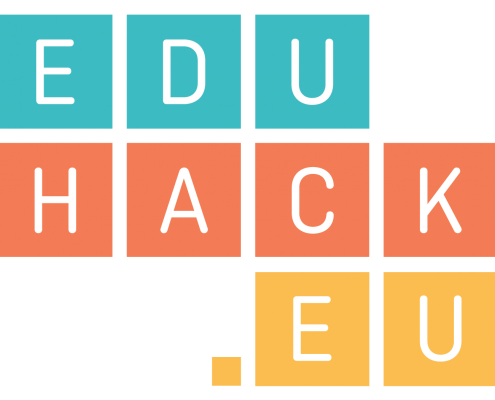 Digital devices, tools and resources do not only offer teaching staff significant opportunities to enhance learning for students in terms of access but they can also make learning more effective by enriching the learning process. Teaching staff and students are often provided by their institution with digital tools and resources including a Learning Management Systems (LMS) and online learning support services based on an assumption that simply providing such resources and systems will be enough to ensure their success. However, experience shows that without an opportunity to really experiment and become fully familiar with the learning enhancement potential such tools and resources can offer in non-critical settings, university teaching staff may fail to successfully utilise them.
Digital devices, tools and resources do not only offer teaching staff significant opportunities to enhance learning for students in terms of access but they can also make learning more effective by enriching the learning process. Teaching staff and students are often provided by their institution with digital tools and resources including a Learning Management Systems (LMS) and online learning support services based on an assumption that simply providing such resources and systems will be enough to ensure their success. However, experience shows that without an opportunity to really experiment and become fully familiar with the learning enhancement potential such tools and resources can offer in non-critical settings, university teaching staff may fail to successfully utilise them.
One of the most interesting and challenging aspects of online and blended learning is the fact that the role of the educator leading the course changes dramatically. Sometimes referred to as the transition from being a ‘sage on the stage’ to a ‘guide on the side’, lead and supporting academic staff find themselves in a role whereby students rely far more on individual and group interaction online rather than the traditional form of interaction that takes place in the lecture theatre or seminar room. This calls for new competences and skills in both setting up digital systems that ensure timely responsiveness, efficient use of resources and security, and in re-imagining how best students can benefit from online interaction.
Collaborative learning encourages and enables students to work and learn together to study and explore a subject, to solve a problem, to complete a task or an assignment, or to create a project. Collaborative learning, that finds its theoretical foundation in the concepts of social constructivism and social learning theory, is based on the idea that learning is by nature a social act in which the participants collaborate towards common goals. In collaborative learning, the learner is encouraged to interactively engage with his/her peers while processing and synthesising knowledge. During this process and by means of conversation, students are exposed to diverse viewpoints from their peers, are required to articulate and defend their ideas and to create their own personal conceptual framework rather than the framework provided by the expert or the textbook. In collaborative classroom practices, the teacher combines the (one-way) lecturing/listening process with students’ discussion and group interaction with the course materials.

